Blood deficiency (xue xu) is a manifestation of blood disorder, referring to a pathological state characterized by insufficient blood production or a decline in the nourishing function of blood.
The common symptoms of blood deficiency include the following aspects:
1. Symptoms of blood deficiency in women include scanty menstruation with pale color, and in severe cases, amenorrhea.
2. Symptoms of blood deficiency primarily include dizziness, tinnitus, dry eyes, blurred vision or even night blindness, pale complexion, brittle nails, frequent dreams during sleep, pale tongue with white coating, and weak pulse.
3. Blood deficiency can lead to insufficient nourishment of the tendons, which may also present with numbness in the limbs, joint stiffness, and tremors in the hands and feet.
4. Darkened lip color, brittle and easily broken nails, vision problems, and changes in tongue color to orange-yellow.
5. A pale complexion; blood deficiency should also be noted for symptoms related to the eyes and vision, which can cause liver imbalance and skin resembling raisins.
6. Dizziness, blurred vision, reduced eyesight, or night blindness, or numbness in the limbs.
When these symptoms appear, timely treatment should be taken. The ancient formula Xueyan Tea primarily consists of mulberries (sang shen), black beans (hei dou), licorice (gan cao), black sesame (hei zhi ma), and donkey-hide gelatin (a jiao). Black beans are neutral in nature and sweet in flavor; they enter the spleen and kidney meridians; they have the effects of reducing swelling, moistening the lungs, invigorating blood circulation, dispelling wind and alleviating pain, nourishing blood, calming the spirit, brightening the eyes, strengthening the spleen, nourishing the kidneys, benefiting yin, and detoxifying. They can significantly improve symptoms of blood deficiency such as dizziness, fatigue, pale complexion, and sensitivity to cold.
Of course, dietary adjustments are also very important, and the following foods can be consumed to help improve the condition:
1. Black rice (hei mi): Black rice is known as blood-nourishing rice and longevity rice. It not only has excellent kidney-nourishing effects but also helps strengthen the spleen, warm the liver, brighten the eyes, invigorate blood circulation, and nourish the skin. Consuming more black rice can improve symptoms of blood deficiency and also provide nourishment to the kidneys.
2. Chinese yam (shan yao): Chinese yam is a food that nourishes qi. It is particularly beneficial for those with a qi-deficient constitution or those who have been ill for a long time. Modern pharmacological studies have confirmed that Huai yam has nourishing and tonifying properties, stimulates the production of interferon, enhances the body’s immunity, regulates internal secretion, nourishes qi, opens the meridians, and has cough-relieving and phlegm-expelling effects. In winter, when the weather is dry, it can easily damage lung fluids, leading to yin deficiency and symptoms such as dry mouth, dry throat, chapped lips, and dry cough. At this time, consuming Chinese yam is most suitable, as it is a gentle food that nourishes yin and benefits the lungs.
3. Red beans (hong dou): Red beans not only help with diuresis and reduce edema but also assist in detoxification and beautifying the skin. Red beans are rich in iron, which can invigorate qi and nourish blood, making them very suitable for individuals with insufficient heart blood. They help achieve the effect of nourishing blood and enhancing beauty.
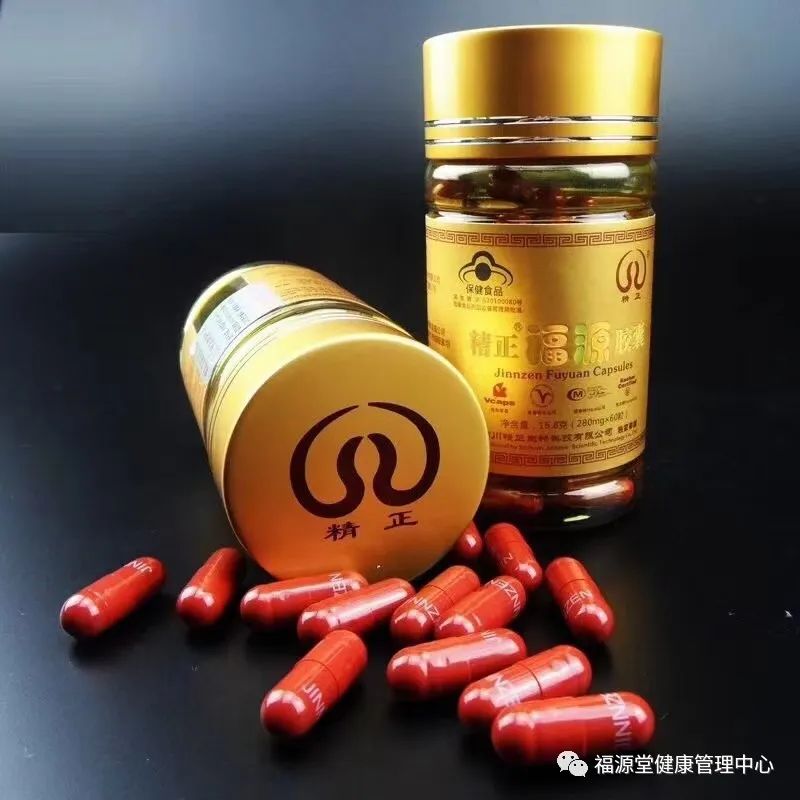
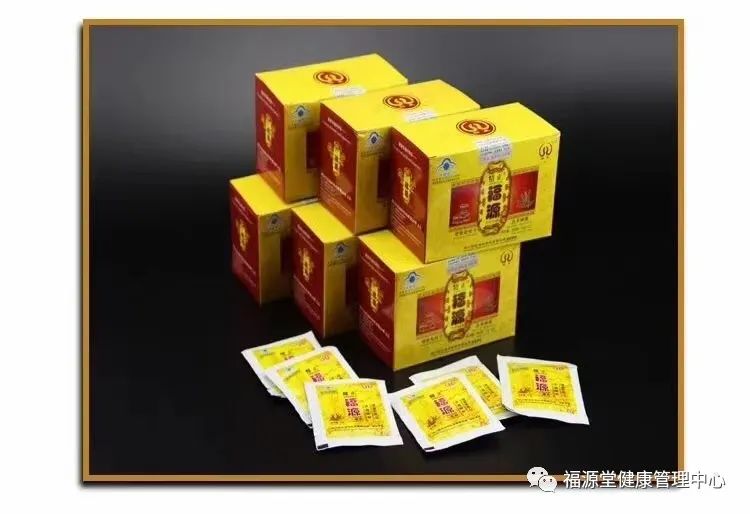
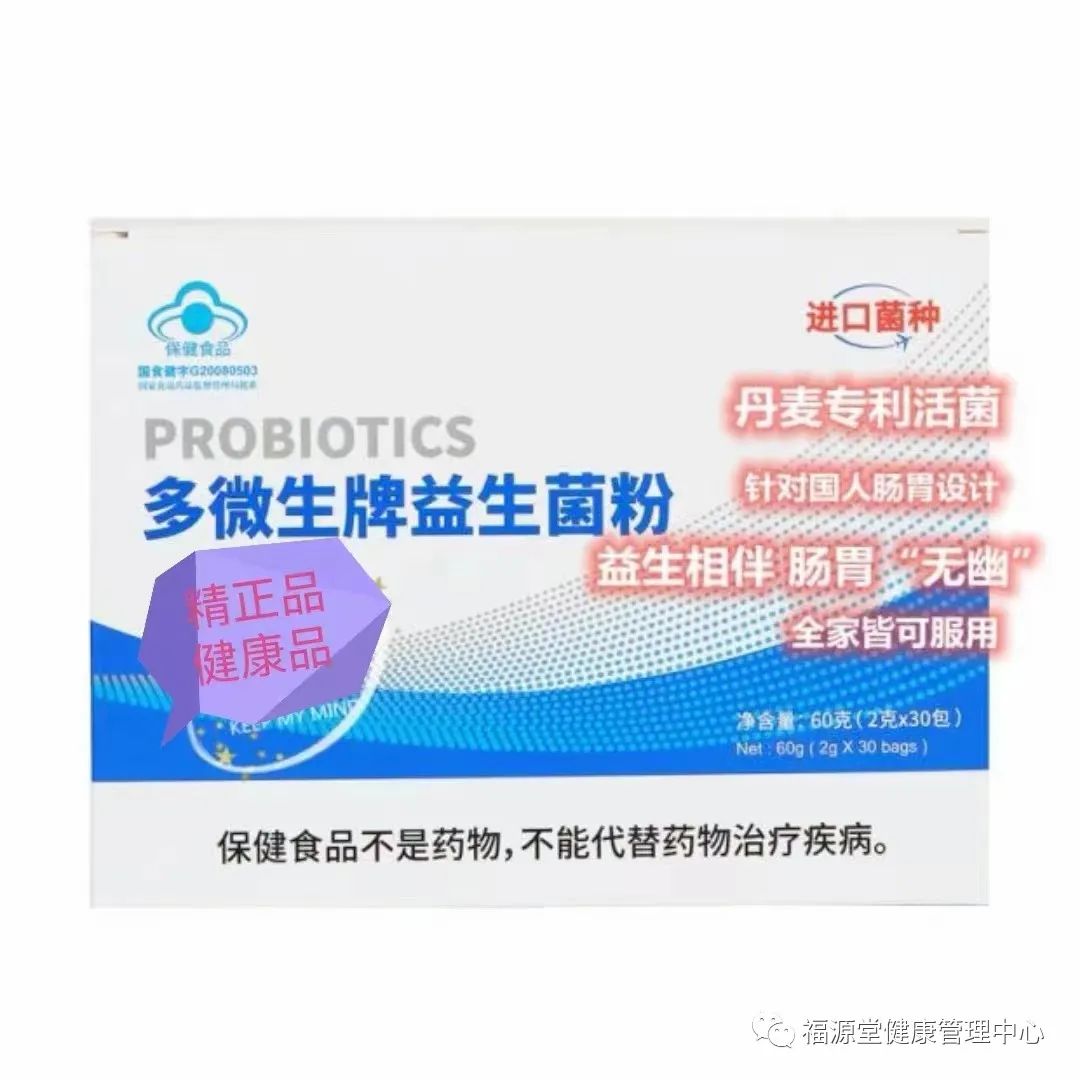
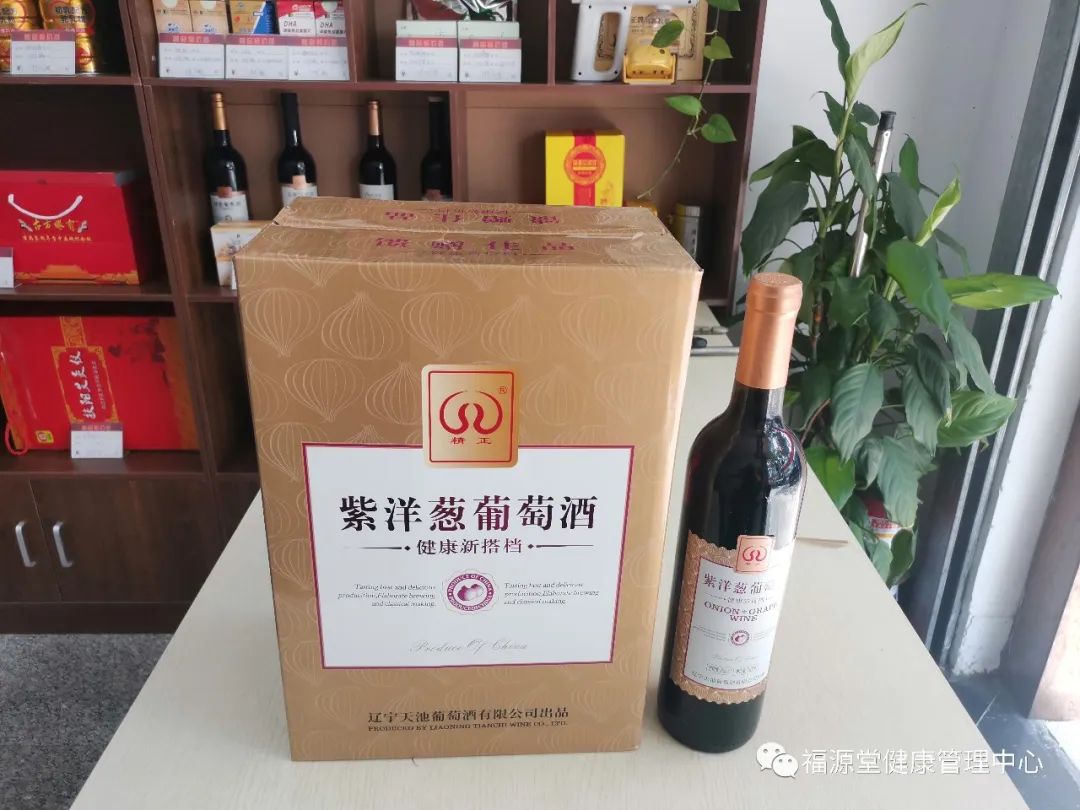
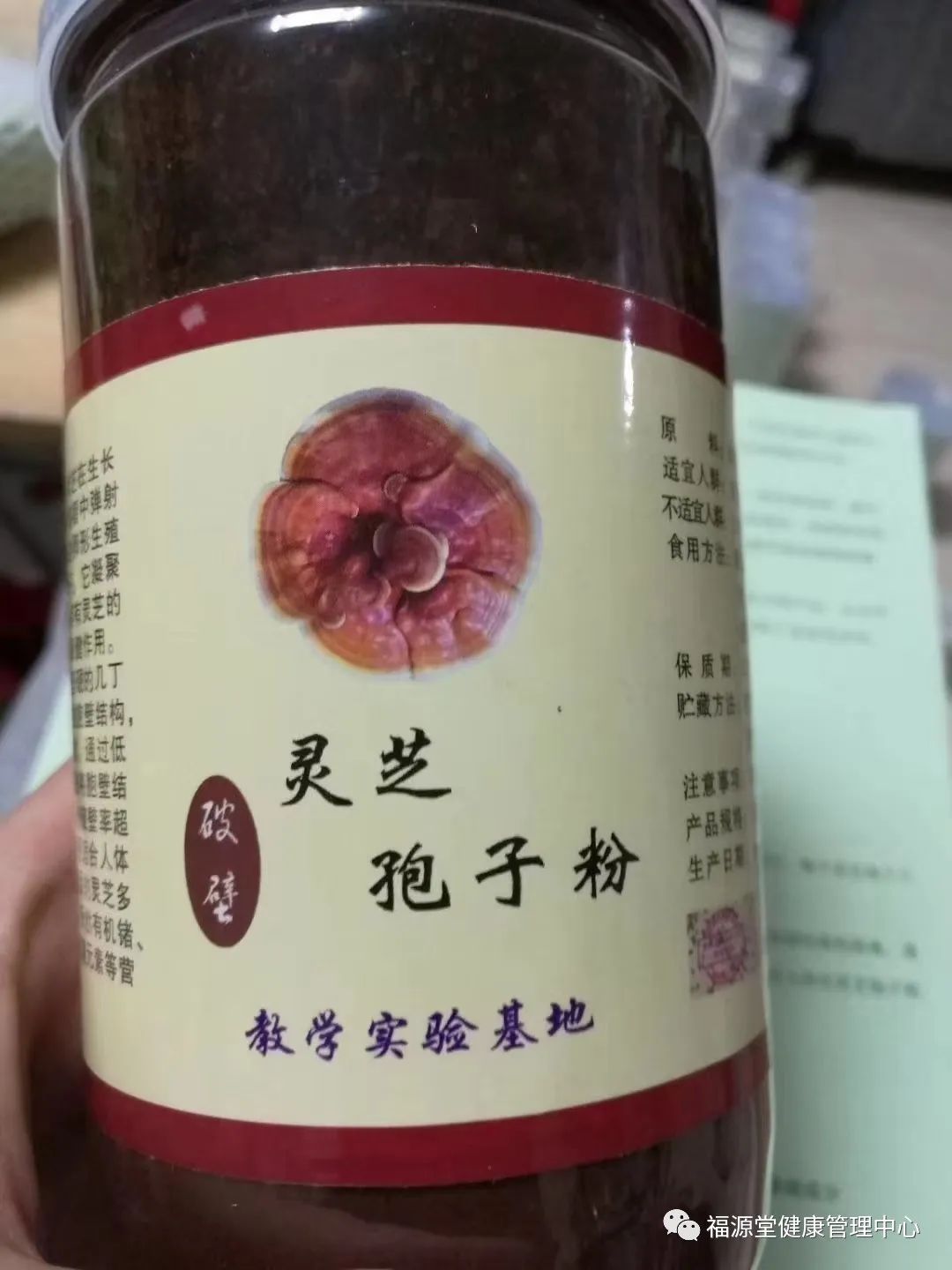
Consultation phone number for Jingzheng Fuyuan Hall in Nanjing: 025-84635415
Address: 418-5 Longpan Middle Road, Qinhuai District, Nanjing
